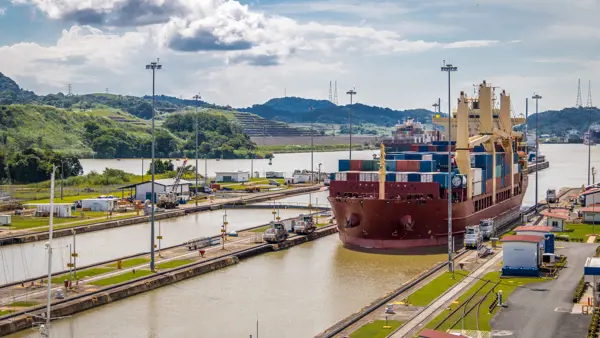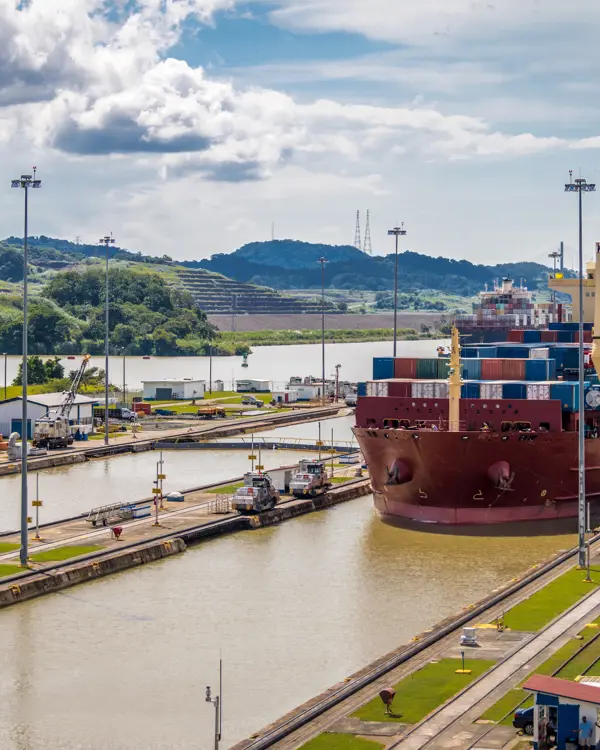Table of contents
Building Resilience through Supply Chain Diversification
In a world marked by growing global uncertainties, constructing robust, adaptable supply chains has become a cardinal necessity for the manufacturing sector. The diversification of supply chains - broadening supplier networks and delving into unexplored markets - holds the key to this resilience. This diversification shields manufacturers from the impact of disruptions and provides them with the agility to adapt to ever-changing global trading conditions.
It's a strategy that, while demanding an initial investment of time and resources, has the potential to deliver significant long-term rewards. By reducing dependency on a single source or region, companies can safeguard themselves against the volatile swings of political instability, economic downturns, and even natural disasters.
Beyond just mitigating risk, diversified supply chains also serve as a gateway to fresh opportunities. By tapping into new markets, manufacturers can uncover novel resources, innovative technologies, and a wealth of untapped talent. This leads to an influx of fresh perspectives, fostering innovation, and giving companies a competitive edge in the global arena.
By 2050, having a diversified supply chain will no longer be an option, but an integral part of a company's survival toolkit. It will enable businesses to strike a balance between maintaining efficiency and managing risk. A diversified supply chain will not only ensure a constant flow of resources but also build resilience, enabling the manufacturing industry to weather any storm that might arise on the horizon.
Overall, the diversification of supply chains stands as a formidable strategy for the UK's manufacturing industry to craft a resilient future, navigating the uncertainties of today and ensuring a sustainable tomorrow.
The Importance of Skills Development and Workforce Training
In an era where manufacturing is being reshaped by groundbreaking technologies, renewable energy, and circular economy principles, the importance of skills development and workforce training cannot be overstated. As the UK manufacturing outlook unfolds, manufacturers will be calling on a workforce that's equipped not just with traditional skills, but with a whole new arsenal of competencies.
The UK manufacturing industry is heading toward a future where artificial intelligence, big data, and IoT will be the norm, not the exception. Along with these technologies, principles of circular economy and renewable energy systems will be woven into the fabric of manufacturing operations. This begs the question: are we equipped with the right skills to handle these changes?
The answer lies in continuous learning and upskilling. These elements will form the bedrock of the future manufacturing industry, acting as the springboard for innovation, growth, and sustainability. Regular workforce training sessions can help workers keep pace with emerging technologies, adapt to new systems, and enhance their problem-solving abilities.

However, this is not just about training the existing workforce. It’s also about preparing the next generation of workers. Educational institutions, in collaboration with the industry, must focus on incorporating these new-age skills into their curricula. This will help nurture a workforce that’s ready to hit the ground running when they step into the world of manufacturing.
At the end of the day, a skilled and well-trained workforce is an asset to any manufacturing firm. It’s the force that drives innovation, streamlines operations, and ensures a sustainable future. As we inch closer to 2050, the value of skills development and workforce training in shaping a resilient and sustainable manufacturing industry will only amplify.


